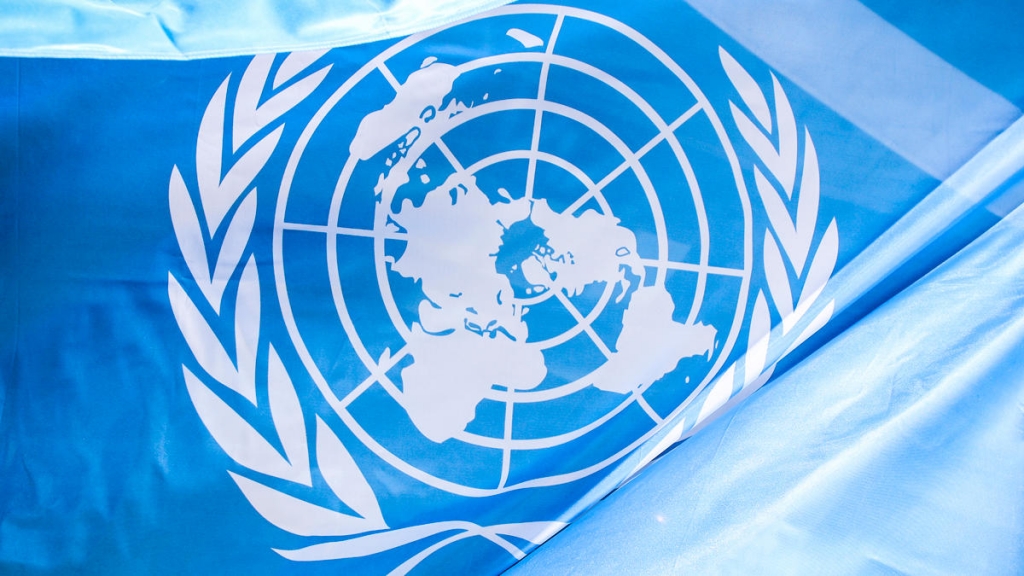Statement by Vassily Nebenzia, Permanent Representative of Russia to the UN at the open VTC of UNSC members “Threats to International Peace and Security Caused by Terrorist Acts”
Mr. President,
At the outset, allow me to thank USG Voronkov and ASG Coninsx for the in-depth analysis of the situation in the area of countering the threats posed by ISIL. The 11th report of the Secretary-General provides a comprehensive overview of the situation on the ground, including insights on how the terrorists adapt to the circumstances of the COVID-19. We note with appreciation that this document duly reflects assessments of these trends provided by various States, including Russia.
At present, the level of the global terrorist threat, despite the failure of the leaders of ISIL to build a "pseudo-caliphate" in Syria and Iraq still remains high. The principles of organization and tactics used by ISIL suggest that it has now fully transformed into a network structure with a high degree of autonomy of branches and “sleeping cells” in various countries and regions of the world. The high command of the organization, having sufficient financial resources, is restoring mechanisms for coordinating and planning terrorist attacks in the border area between Syria and Iraq.
At the same time, the terrorists do not intend to give up plans to revive the "caliphate" in Iraq. ISIL continues to build up its combat potential and is seeking to expand the area and scope of terrorist attacks in the country.
The determination of ISIL to focus on the expansion across the African continent is now obvious. At the same time, not only the States of the Sahara-Sahel zone, where ISIL branches are already actively operating, but also the countries of Central and Southern Africa are in sight of the ISIL members.
A difficult situation is developing in Afghanistan, where approximately 4 thousand ISIL fighters are present. The main units are concentrated in the eastern provinces of Kunar and Nangarhar, where their numbers reach 2 thousand terrorists. According to various estimates, in the north of the country it may also amount to 2 thousand individuals. Supporters of the "world caliphate" regularly carry out large-scale terrorist attacks in various cities of the country, mainly against the Shiite minority.
Recently, there has been an increase in the interest of the international terrorist organizations’ leaders towards South and Southeast Asia, which, in their opinion, are promising in terms of recruiting new supporters.
The spread of COVID-19 provoked large-scale socio-economic turbulence around the world and diverted the attention of many States from the counter-terrorism agenda, which in its turn paves the way for the international terrorist organizations to increase their deadly potential. Terrorists are seeking to use the coronavirus pandemic to increase the number of supporters, primarily at the expense of those dissatisfied with the actions of the authorities in the context of the crisis, as well as in order to carry out hybrid attacks that combine terrorist attacks, bio-threat, and spreading propaganda and inciting terrorist acts.
Recently, there has been a noticeable increase in activity of the international terrorist organizations on the Internet, where calls for supporters to hold various actions in order to increase panic in society are spreading on. ISIL leaders are brainwashing their supporters and recommend their followers to intensify their activity.
At the same time, the pandemic has somewhat disorganized the relocation of terrorists between hotspots and made it difficult to deliver funds and weapons to conflict zones. Some terrorist cells lack money and arms. In particular, branches of ISIL in North Africa lost profit from smuggling and human trafficking due to the closure of borders between countries.
However, despite these obstacles, international and regional terrorist groups are rapidly adapting to the pandemic and increasing the number of their supporters.
Undoubtedly, there is still a huge room for improvement in the area of international cooperation. In particular – repatriation of foreign terrorist fighters and their family members to the countries of their origin. Among the most vulnerable in this regard are women and children associated with foreign terrorist fighters, currently trapped in camps and detention facilities in the Middle East.
The Secretary-General’s report once again sheds light on the insufficient repatriation rates and the horrific conditions in which these people have to fight for their lives. Unfortunately, this is the battle that some of our colleagues, including in the Council, decided to withdraw from. It is totally unacceptable to prioritize issues of human rights and, at the same time, to deny innocent children their right to live.
Russia stands firmly for ensuring support of repatriation efforts of States by the Security Council. Any resolution of the Council addressing the fight against terrorism at this time cannot fail to recognize this problem.
Thank you.
